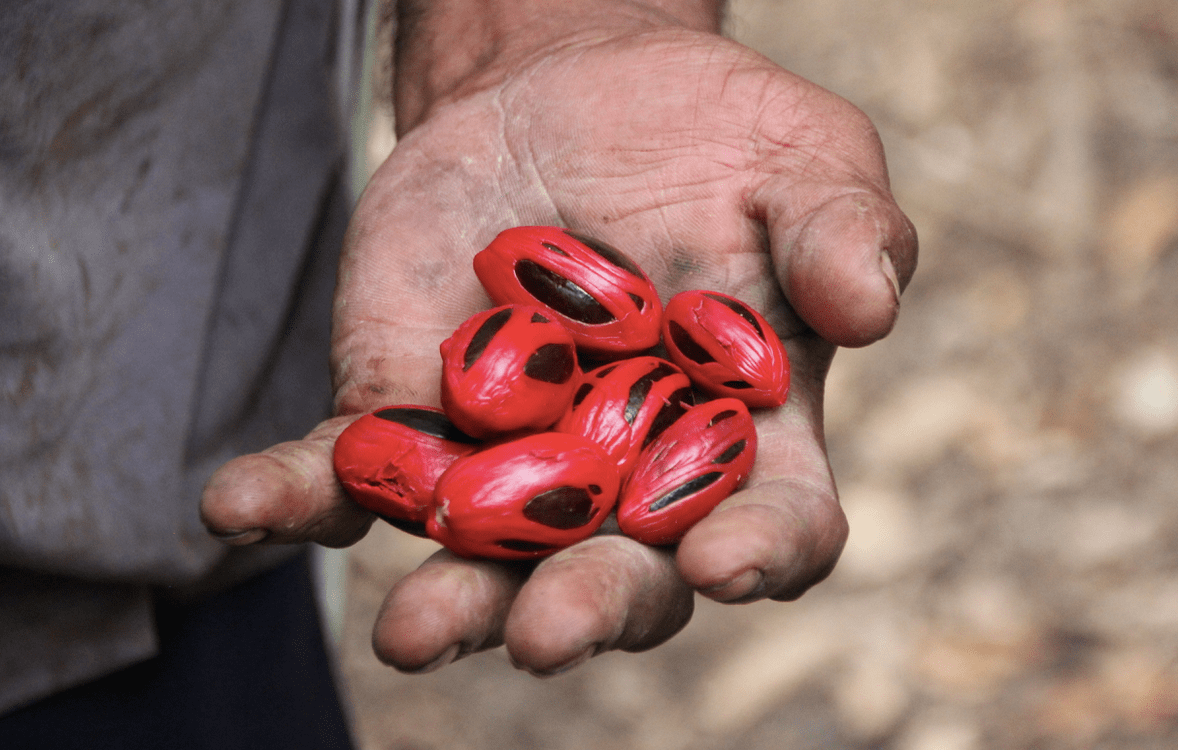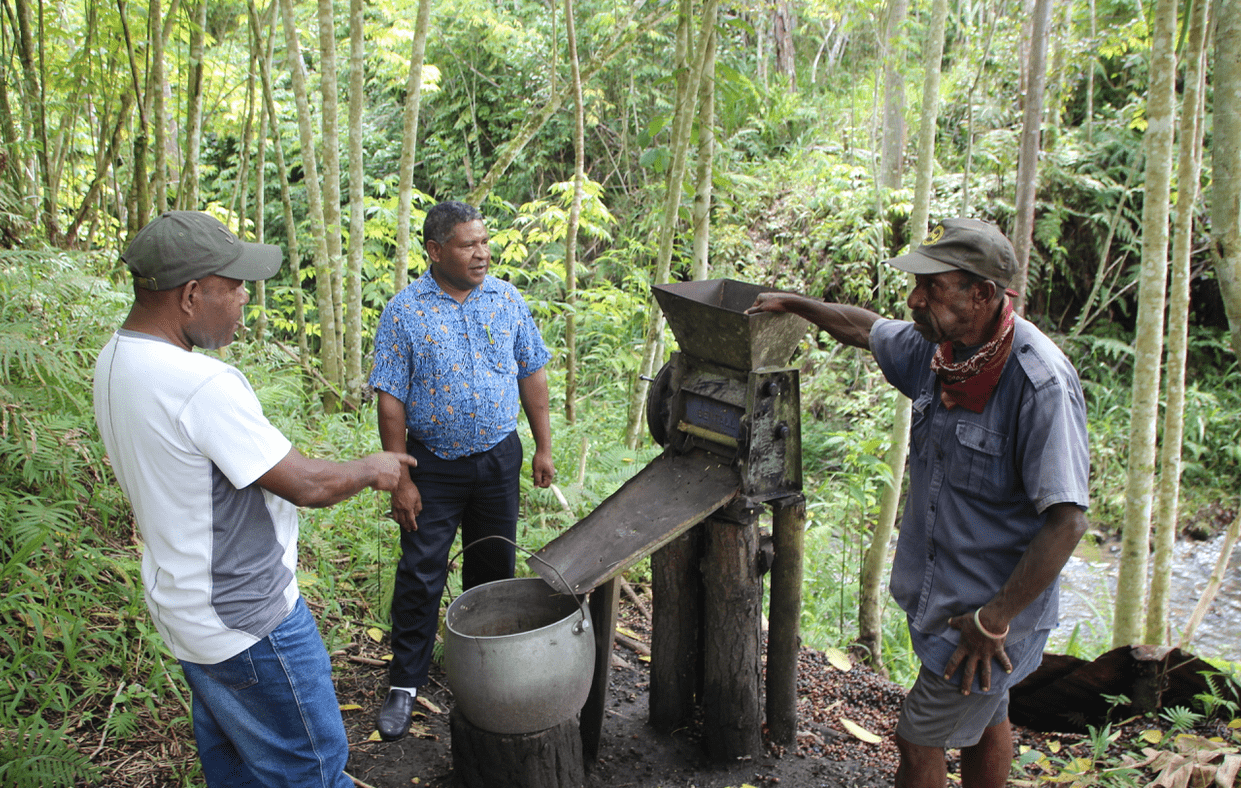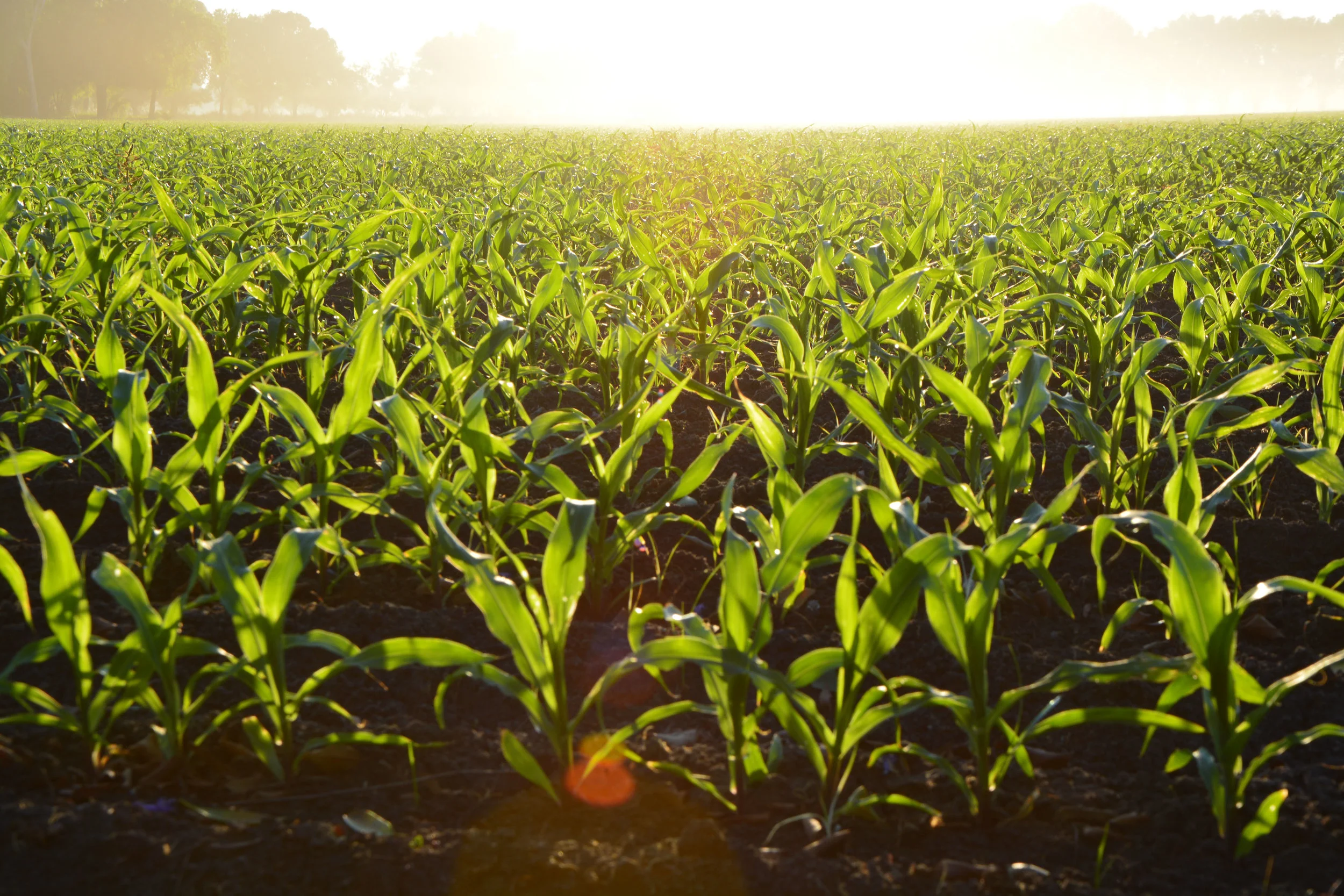Lessons From The Field - Cash Crops
I am currently working on an inclusive business in Papua New Guinea, helping farmers use cash crops to lift their families out of extreme poverty.
This is an approach we frequently use at B4D, transitioning households away from subsistence farming (growing what you eat) and towards cash crops (growing what you can sell).
Cash crops are an interesting proposition.
They push households away from contentment with what they can eat, and towards treating their farming like a job.
Some people might not like this approach, since it changes the cultural dynamics.
However, my view is that if your cultural dynamics mean that you can afford to send your children to school, your dynamics need to change.
The leap from $300 per year to $1,000 per year might not sound like much to us in developed countries, but it gives a new level of assurance and risk avoidance for these families.
Here are some interesting points I’ve learned:
Buyer dependency is awful
If you’re selling a cash crop, you’re relying on someone else seeing value in what you’ve grown/harvested.
Like an auction, it helps if there are multiple bidders.
They tend to drive up the price, and keep each other accountable.
If there’s only one buyer, they have a monopsony.
They can set the price as low as they like, and you can take it or leave it – and leaving it isn’t really an option.
For this reason, we tend to avoid markets with only one major buyer.
Commodities are volatile
Cash crops are generally commodities, which are bought and sold across the world.
This brings pros and cons.
Pro: If prices rise or other people’s harvests decline, your harvest is suddenly worth a lot more.
Con: If prices fall or other people have an abundance, your harvest is suddenly worth a lot less.
Ok, that’s just the nature of the game.
The real trouble comes from lead times.
If the price of vanilla spikes, the temptation is to start planting your own vines.
Except you won’t see a crop for five years, by which point the prices will have stabilised.
The same goes for coffee, cocoa, rubber, you name it.
You would have needed to start growing it years earlier.
How would you cope if it got to payday each fortnight/month, and your employer used “market fluctuations” to determine how much to pay you?
Four big levers
If you want to earn more from your garden, there are four big levers you can pull:
Plant more crops: self-explanatory.
Obtain higher yields from each plant: more care brings more fruit/seeds/sap/pods/beans.
Increase the quality grade: organic, fairtrade, value added or just plain better that most.
Cut out a middleman: one less person taking a piece of the action.
(Arguably you can find another buyer, but that’s harder to control.)
We tend to recommend each of these four based on the situation.
It’s good to delineate the timelines for each of these.
Organic certification might provide a price boost, but it takes 3 years to make the switch.
By contrast, there are probably a few quick wins with yields that can have the same impact.
Quantity can boost quality
I didn’t understand this link until recently.
The big drain on smallholder farmers is that they can’t fill a shipping container with what they grow – at least not quickly.
That leads to one of two things:
1. They save up all of their crops, which decrease in quality as they age
2. They mix their good crops with other people’s mediocre crops, and therefore receive the lowest common denominator rate.
The solution to both is the same: get more farmers.
If there are more of you, then you can either make more regular shipments (fresher crops) or ship only high grade crops (higher prices from the buyer).
For this reason, farmer groups lift the prices for everyone, and provide good accountability.
Motivation and discipline are different
Motivation is doing something when you feel like it.
Discipline is doing something when you don’t feel like it.
Motivation is there at the start, when you’re planting seeds or trees.
Discipline is the habit of weeding/pruning/fertilising even when you’re a few years away from seeing your first harvest.
People often talk about needing farmer motivation, but what’s more important are systems that encourage discipline – because discipline is what pays off.
Good payment methods keep everyone happy
In 2018, there’s really no need to be driving around with a truck full of cash.
Everyone has a phone in the developing world (they often skipped landlines and went straight to cellular), and it’s easy to set up a bank account for farmers.
This means you can use mobile money to pay farmers on the spot, without the security risk.
It also keeps people motivated.
One client had their farmers waiting four weeks to get paid for their crops.
While they were eventually paid in full, the vast majority stopped growing, as they felt demoralised and ripped off.
A terrible admin decision, that ultimately hurt the business.
Bad tools bleed money
We’ve been visiting farmers this week, and got to see their coffee pulping equipment.
One family have been using a pulper from 1982, a rusty old thing that spits the occasional coffee cherry onto the ground.
When we measured, we worked out that this machine is losing 10% of what gets put in.
In other words, these families are losing 10% of their income because the pulper is bent about 2mm out of shape.
Imagine if your work computer’s battery made you lose 10% of your annual salary…
Farming needs to appeal to young people
If we only train older farmers, we’ll soon run out of participants.
The ugly fact is; most agricultural work is boring or unpleasant.
I would never advise a young person “Don’t go to university, grow corn instead”
However, if you’re choosing between panning for gold or growing cash crops, I’d recommend treating your farm as a business.
Agriculture gives you the ability to plant long-term investments like macadamia trees or nutmeg, which take five years to grow but then reward you handsomely.
It’s also easy to expand – either by buying more land or diversifying into new crops.
Your field becomes your business, your labourers become your employees, and keeping an eye on your results earns you more money.
Best of all, it’s easy to start, and there’s so much good instructional material available for free online.
For more on our work in the developing world, check out Lessons From The Field – Helping Smallholder Farmers










